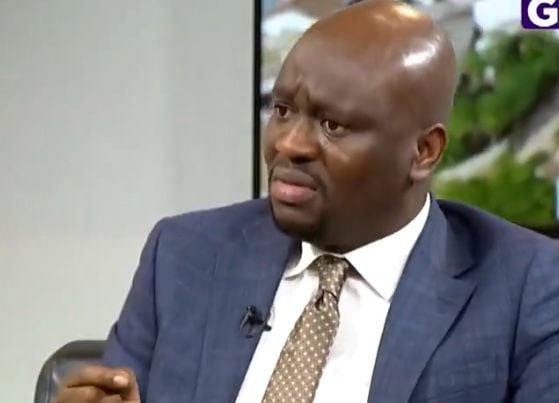Samuel Okudzeto Ablakwa, the Member of Parliament for North Tongu and a prominent figure within the National Democratic Congress (NDC), has set a high bar for opposition politics in Ghana. His meticulous approach to investigative journalism and his commitment to transparency have garnered widespread recognition and respect. During his time in opposition, Ablakwa diligently exposed numerous corruption scandals within the then-ruling New Patriotic Party (NPP) government. His investigations were characterized by thorough research, the presentation of tangible evidence, and a responsible dissemination of information. He often formally requested information from state agencies, ensuring his inquiries were grounded in due process and fostering accountability within government institutions. This methodical and evidence-based approach significantly elevated the standard of opposition politics, moving beyond mere accusations to presenting concrete evidence of wrongdoing. Ablakwa’s work demonstrated the power of meticulous investigation in holding those in power accountable.
The impact of Ablakwa’s approach has been so significant that it has influenced, albeit unsuccessfully, other members of parliament, particularly those within the NPP. According to NDC Communications Team Member and Lawyer Hamza Suhuyini, NPP MPs like Reverend Ntim Fordjour (Assin South) and Vincent Ekow Assifuah (Old Tafo) have attempted to emulate Ablakwa’s investigative style. However, Suhuyini argues that these attempts have fallen short, lacking the depth, meticulousness, and responsible handling of information that characterized Ablakwa’s exposés. He criticizes these MPs for seemingly prioritizing political posturing over substantive investigation, suggesting they are more interested in appearing active rather than genuinely uncovering wrongdoing. This, Suhuyini argues, undermines the credibility of their claims and diminishes the impact of their efforts.
Suhuyini contrasts the approaches of Fordjour and Assifuah with Ablakwa’s method, emphasizing the latter’s commitment to due diligence. He highlights Ablakwa’s practice of writing to state agencies to demand answers, a crucial step that ensures transparency and provides an official record of inquiries. This practice, Suhuyini argues, is a hallmark of responsible investigative work, allowing for proper documentation and enabling informed public discourse. He points out that Fordjour and Assifuah seem to bypass this critical step, relying instead on press conferences based on what Suhuyini calls “limited or questionable information.” This approach, he suggests, is not only ineffective but also detrimental to the pursuit of truth and accountability. It fosters an environment of speculation and unsubstantiated claims, ultimately weakening the public’s trust in political discourse.
The core of Suhuyini’s criticism lies in the perceived superficiality of Fordjour and Assifuah’s attempts at investigative work. He contends that they are merely mimicking the outward appearance of Ablakwa’s approach without understanding the underlying principles of thoroughness and responsibility. Their actions, he implies, are driven by a desire to appear politically relevant rather than a genuine commitment to exposing wrongdoing. This focus on political expediency, Suhuyini argues, ultimately renders their efforts ineffective and undermines the seriousness of their purported investigations. He underscores the importance of meticulousness and responsible information handling in investigative work, qualities that he believes are absent in the efforts of these NPP MPs.
Furthermore, Suhuyini highlights the irony of NPP MPs attempting to emulate Ablakwa’s style while their own party was the target of his investigations. He suggests that rather than learning from Ablakwa’s approach, Fordjour and Assifuah seem to view politics as a game of superficial imitation. He emphasizes the importance of humility and a willingness to learn, particularly for younger politicians, urging them to recognize the value of Ablakwa’s methodology. He argues that the NDC, even while in government, is setting the standard for opposition conduct, demonstrating a commitment to holding power accountable regardless of political affiliation. This, he suggests, should serve as a model for all political parties, emphasizing the crucial role of robust and responsible opposition in a healthy democracy.
Suhuyini’s critique serves as a broader commentary on the state of political discourse and the importance of responsible investigative journalism. He advocates for a move away from politically motivated accusations and towards a more evidence-based approach, emphasizing the need for meticulous research, due diligence, and a commitment to transparency. He highlights the essential role of opposition parties in holding governments accountable and emphasizes the need for a more rigorous and responsible approach to investigative work in the pursuit of good governance. Ultimately, he argues that the pursuit of truth and accountability should transcend partisan politics, serving as a guiding principle for all those who seek to hold power to account and strengthen democratic institutions.


